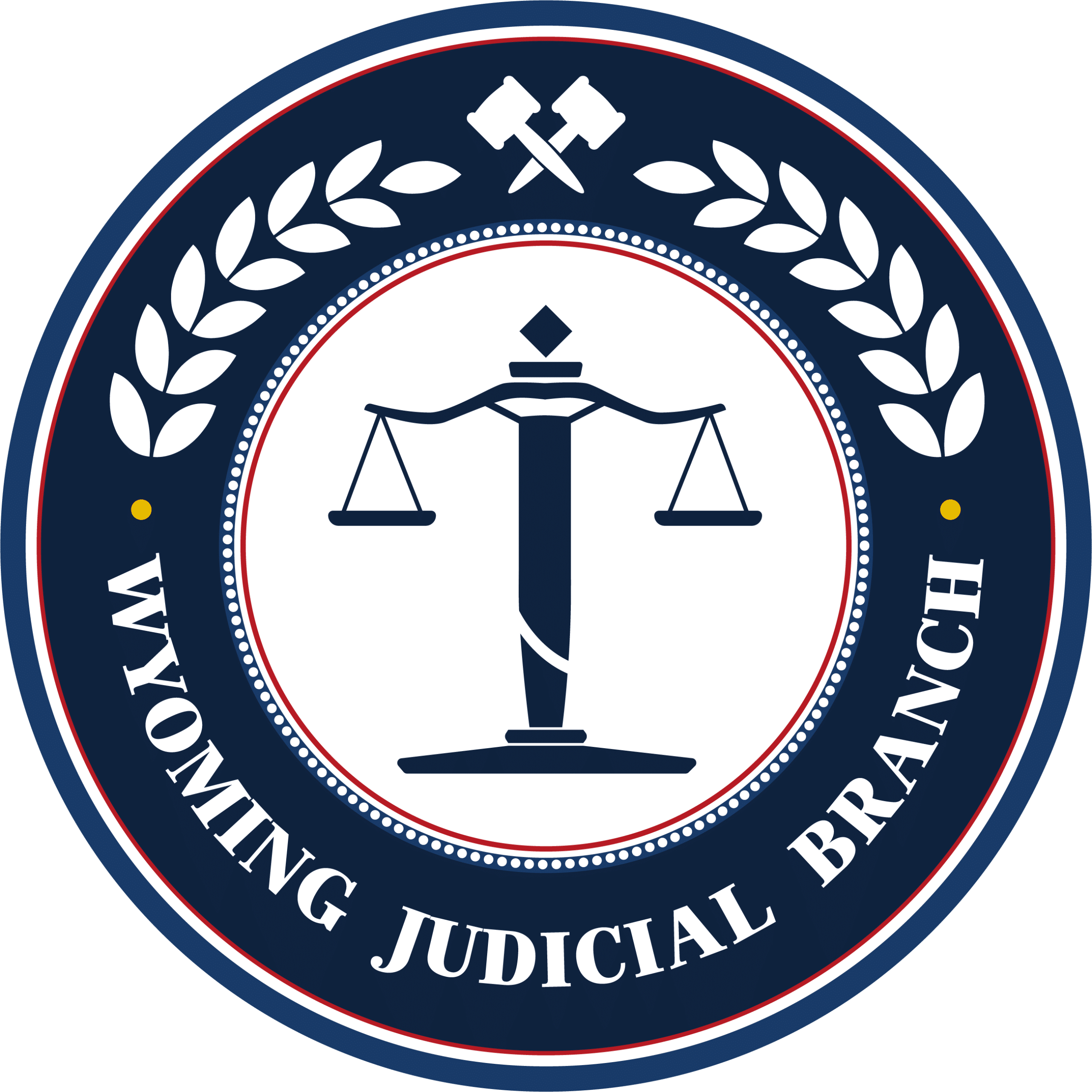Resources
Constitution of the United States of America: Analysis and Interpretation
The Constitution of the United States of America: Analysis and Interpretation (popularly known as the Constitution Annotated) contains legal analysis and interpretation of the United States Constitution, based primarily on Supreme Court case law.
Know Your Rights - ACLU
Learn more about what your rights are, how to exercise them, and what to do when your rights are violated.
